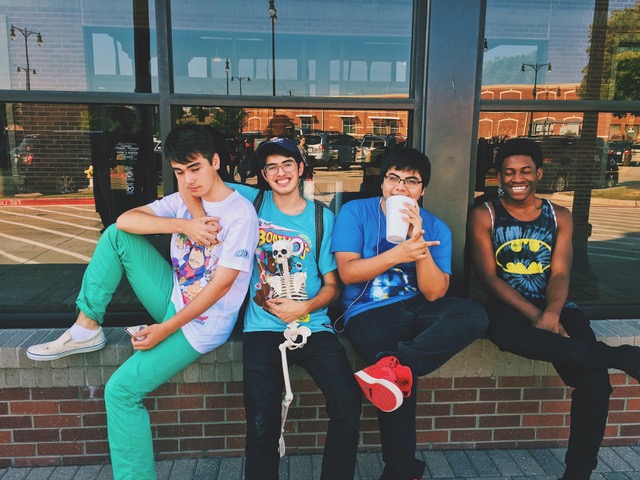Apparently the 8th grade teacher thought that by crumpling the student’s substandard essay and tossing it into the trash, he was effectively making the point that the student needed to be “better prepared for high school.” At least this is what he told the student as he made the histrionic gesture, and later the parent when she questioned his methods.
“He is ready for high school, he’s here,” replied the parent.
That the child had suffered a horrifically traumatic event while in fourth grade was not unknown to the teacher however, unless a teacher (or any professional in a child’s life for that matter) has worked to become trauma informed, the dots between the effects of trauma combined with elusive futuristic warnings are typically left unconnected.

With or without a history of trauma, shrouding the future in a cloak of obscure failure has never been a particularly wise or healthy tactic however, given that nearly 35 million children have experienced trauma and/or adverse childhood experiences, it’s even more important to recognize why educators and parents need to be more cognizant of their language.
The NY Times published a comprehensive look into the spike in teenage anxiety: “The Kids Who Can’t,” One of the more notable comments to the article came from a high school junior from Brookline, Massachusetts named Natalie Jew:
If high school is about educating students for a future life, then why is it causing such anxiety that there is an increasing number of hospital admissions for teenage suicide attempts? Why do we have to think about our adult life every day as a teenager?
I’m a junior in high school, and sometimes I forget that I’m supposed to have a life as a teenager. I can’t sleep at night; all I do is stay up thinking and planning. Why are more American teenagers than ever suffering from severe anxiety? It’s because we get it into our heads that school is what’s going to make things better; we live for the future instead of actually just living.
Ms. Jew’s response builds on what the parent in that 8th grade classroom teacher meant when she said “he is ready, he’s here.” By simply being there; by showing up and engaging in class, that student is displaying “readiness” for his future and probably more healthy readiness than is the student who fervently stresses till the wee hours each night in an attempt to hand in the perfect paper.
The threat of a future filled with potential failure does virtually nothing to build internal incentive. And for the students it does “work” for – in the form of high grades and teacher’s praise – it often comes at the expense of that student’s ability to relax or to embrace the value of making mistakes.
For kids who have suffered adverse childhood experiences or trauma, it can be especially troubling.
A traumatic or highly stressful experience puts kids on high alert for months or years after the event. Rather than being a safe and exciting place through which to journey, the “unknown” becomes a place of potential harm. After the Sandy Hook Elementary School Shootings, a number of high school students in Newtown, CT. were too afraid to leave home for college.
Alternatively, others may become hyper focused on “succeeding” –resulting in issues such as sleep deprivation, self-harm, and/or substance abuse. Stressed kids spend an inordinate amount of time in their heads; disconnected from grounding and helpful sensations such as deep breathing and body awareness. Add to this a recurring message from adults that a nonexistent tomorrow matters more than today and you have the perfect recipe for crippling angst.
This is not to say that educators shouldn’t constructively prepare kids for the future. If a student hopes to go to college, of course they need to learn what steps to take to get there successfully. Reframing the conversation from cryptic threats and warnings to more personal, compassionate and present focused advice can effectively prepare a child for an actual rather than perceived future.
Adults need to understand how crucial it is not to add on yet another reason for kids to worry, but instead to offer a safe place in the present to live, to breathe, to be imperfect, to feel heard and to feel safe.
Related:
6 Things My Daughter Needs To Know About High School Friendships









